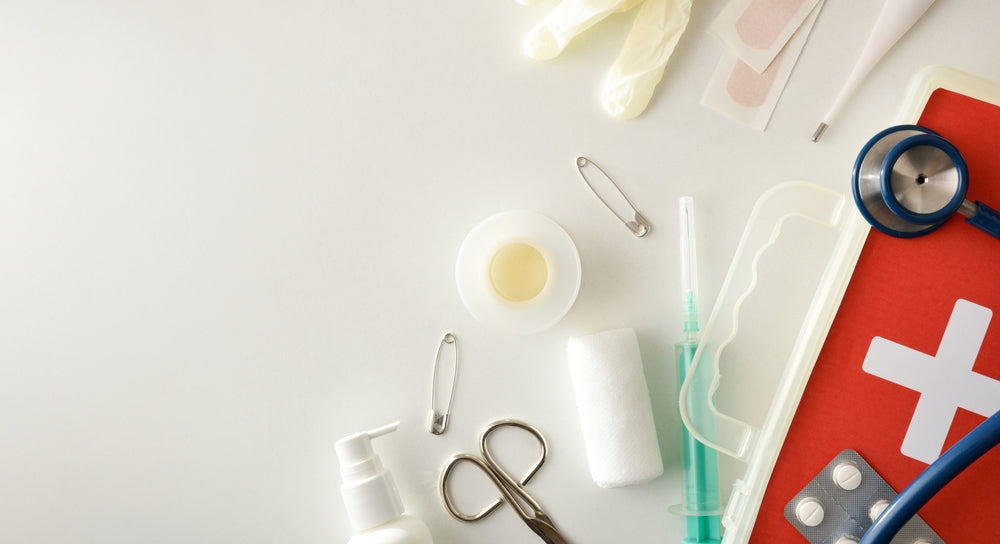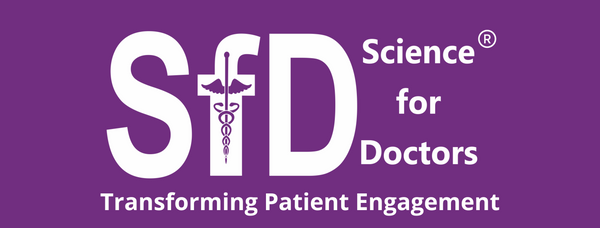
The Role of Customized Medical Tools in Enhancing Patient Experience and Clinical Efficiency?
Share
In today's rapidly advancing healthcare landscape, the emphasis on enhancing patient experience and boosting clinical efficiency is paramount. Customized medical tools are at the forefront of this transformation, offering tailored solutions that cater to the unique needs of doctors, pharmaceutical companies, students, and healthcare professionals alike. Let’s explore how these personalized tools are making a significant impact across the healthcare sector.
1. Tailoring Solutions for Doctors
For doctors, customized medical tools provide an opportunity to refine patient care and streamline clinical practices. Traditional tools often fall short in addressing the specific requirements of various procedures or patient conditions. Customized solutions, such as ergonomically designed surgical instruments or patient-specific diagnostic devices, enable doctors to perform procedures with greater precision and comfort. This personalization not only enhances clinical outcomes but also reduces the likelihood of complications and improves overall patient satisfaction.
2. Driving Innovation for Pharmaceutical Companies
Pharmaceutical companies are continuously striving to develop new treatments and improve drug delivery systems. Customized medical tools play a crucial role in this process by supporting innovative research and development. Tailored tools, such as specialized drug delivery devices or patient adherence monitoring systems, help pharmaceutical companies refine their products and ensure they meet the specific needs of both patients and healthcare providers. This collaboration between manufacturers and pharmaceutical firms leads to more effective and targeted therapeutic solutions.
3. Educating Future Healthcare Professionals
For students and future healthcare professionals, understanding the role of customized medical tools in clinical practice is essential. Customized tools not only offer practical insights into patient care but also illustrate the importance of innovation in healthcare. By engaging with these tools, students gain hands-on experience with advanced technologies and learn how personalization can improve patient outcomes. This knowledge prepares them for careers where they can contribute to the development and implementation of customized solutions in their own practice.
4. Enhancing Professional Development
Healthcare professionals benefit from customized medical tools through enhanced learning and continuous professional development. Tailored educational materials, interactive models, and simulation tools offer valuable resources for training and skill enhancement. These tools help professionals stay abreast of the latest advancements, improve their clinical techniques, and offer more effective patient care. Personalized training solutions also cater to the unique learning needs of healthcare professionals, promoting ongoing growth and expertise.
5. Revolutionizing Patient Experience
Ultimately, customized medical tools significantly impact patient experience by addressing individual needs and preferences. Tools designed with patient comfort and usability in mind, such as personalized braces or adaptive diagnostic devices, enhance overall satisfaction and adherence to treatment plans. When patients receive care tailored to their specific needs, they are more likely to experience better outcomes and a positive perception of their healthcare journey.
Conclusion
Customized medical tools are revolutionizing the way healthcare is delivered, benefiting doctors, pharmaceutical companies, students, and healthcare professionals alike. By focusing on personalization, innovation, and education, these tools play a crucial role in enhancing patient experience and clinical efficiency. As the healthcare industry continues to evolve, the role of customized solutions will become increasingly important, driving advancements and improving care for all stakeholders involved.
